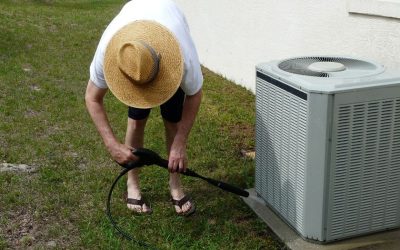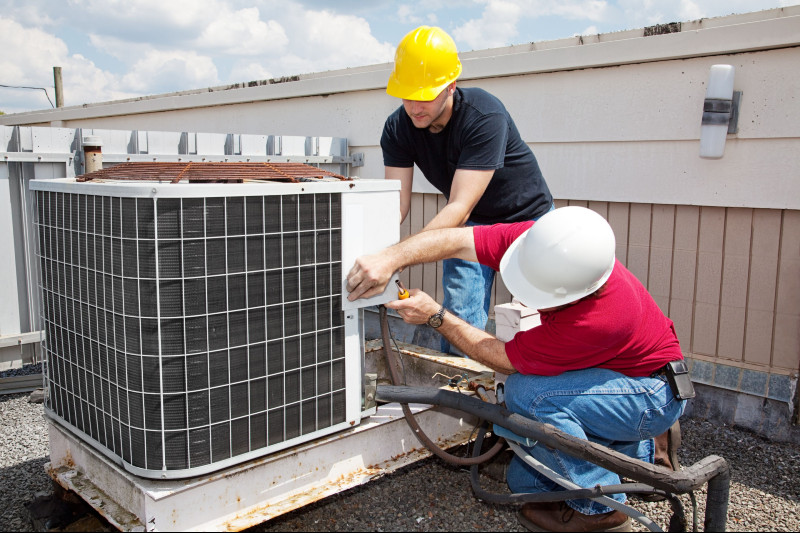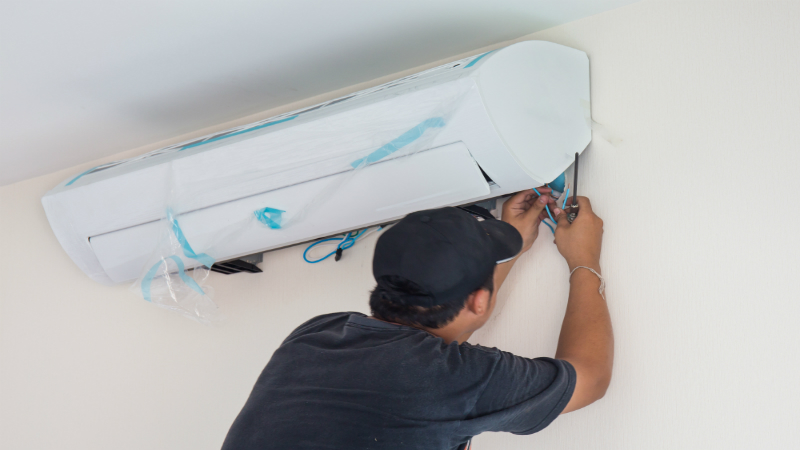Old heating and air conditioning equipment can be expensive to operate. These units break down more frequently, and because fewer people use them, the parts are more expensive when they need to be replaced. In many situations, it’s better to replace older equipment than to continue paying for repairs. Anyone who has dealt with HVAC equipment that is unpredictable knows the peace of mind a new unit can bring.
In weighing the cost of repairs versus replacement, a homeowner must consider how long they plan to live in their house. While a new heating or air conditioning unit might be enticing to buyers, they probably won’t be willing to pay enough extra to offset the costs of purchasing and installing the equipment. Those who plan to stay in their home for several more years should definitely replace an older air conditioner or furnace to take advantage of the energy savings newer models offer. However, those who plan to move within a couple of years might find it’s more cost-effective to repair an older unit and use the money for other improvements that give the home a higher resale value.
Some homeowners are hesitant to replace their older unit even though they realize newer equipment is more energy-efficient. This is understandable because installing new air conditioning or heating equipment represents a significant investment. The best Residential HVAC Contractors offer to finance to help customers who really need new equipment pay for it over time. Companies like Jahnke Heating & Air Conditioning Inc offer this to their customers to ensure they are able to stay comfortable all year while making affordable payments toward the cost of their new HVAC equipment.
Residential HVAC Contractors help homeowners choose the best model for their home. Contrary to what some homeowners believe, a larger unit is not necessarily the answer to their energy-efficiency problems. By working with an experienced contractor, customers can find the ideal size for their new furnace or air conditioner, so they don’t waste money on a larger unit than they actually need. For many homeowners, choosing equipment that is too big for the home can result in decreased savings.
Tweet us on Twitter!


